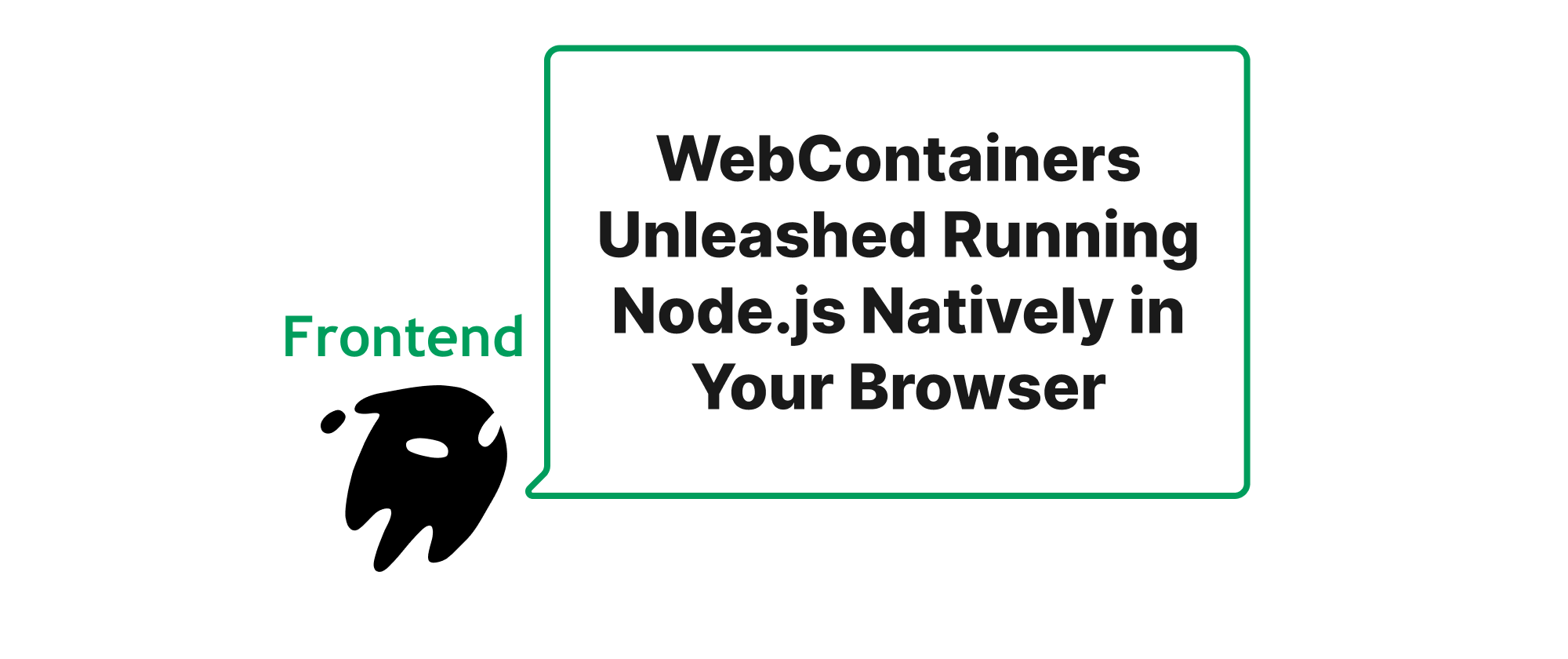Type-Safe Routing in Nuxt 3 A New Era of Developer Experience
Grace Collins
Solutions Engineer · Leapcell

Introduction: The Perils of String Literals in Routing
For too long, front-end developers have wrestled with a common, yet often overlooked, source of bugs: string-based routing. In the world of web applications, navigation is fundamental. We define paths like /users/:id, then meticulously construct links and programmatically push routes using these exact strings. This approach, while seemingly straightforward, is a ticking time bomb. A typo in a path segment, a forgotten parameter, or a mismatch between the route definition and its usage can lead to navigation failures, 404 errors, and a frustrating debugging experience. These issues often surface only at runtime, demanding precious developer time to identify and fix.
As applications grow in complexity, maintaining consistency across dozens or even hundreds of routes becomes a monumental task. The lack of compile-time safeguards means that our routing logic, a critical part of the user experience, remains vulnerable to human error. But what if we could eliminate this entire class of bugs? What if our router could tell us, before we even run our code, that we've made a mistake in referencing a path? This is precisely the promise that Nuxt 3's type-safe routing delivers, ushering in a new era of developer experience where rote string manipulation gives way to intelligent, compile-time validated navigation. Let's delve into how Nuxt 3 achieves this remarkable feat.
Embracing Type Safety for Robust Navigation
Before we dive into the specific implementation details, let's understand some core concepts that underpin Nuxt 3's type-safe routing.
- File-System Based Routing: Nuxt 3, like its predecessors, leverages a convention-over-configuration approach where your application's file structure directly defines your routes. A file named
pages/users/[id].vueautomatically translates to a route path/users/:id. - TypeScript: At the heart of Nuxt 3's type safety is TypeScript. By adding explicit types to our variables, functions, and data structures, TypeScript provides compile-time checks that catch errors early, improve code readability, and facilitate better tooling.
- Nuxt Link Component (
<NuxtLink>): A core component in Nuxt applications for declarative navigation. While seemingly simple, its integration with Nuxt 3's routing system is crucial for type safety.
The fundamental shift in Nuxt 3's routing is its ability to infer and generate TypeScript types for your routes based on your file system. This means that instead of manually typing '/user/123', you'll interact with route objects that have well-defined structures, validated by TypeScript.
The Magic Behind the Scenes: Type Generation and Inference
When you build or develop a Nuxt 3 application, the framework automatically scans your pages directory. For every .vue file it finds, it generates a corresponding route definition. More importantly, it generates TypeScript types for these routes. These types include the expected name of the route, any required params, and even available query parameters.
Consider a simple pages directory structure:
pages/
├── index.vue
├── users/
│ └── [id].vue
└── products/
└── [category]/
└── [slug].vue
Nuxt 3 will generate types that allow you to refer to these routes not just by their string path, but by a strongly typed object.
Practical Application: Navigating with Type Safety
Let's look at how this translates into actual code.
1. Navigating with <NuxtLink>
Instead of:
<!-- Potentially error-prone string literal --> <NuxtLink to="/users/123">View User 123</NuxtLink>
You now benefit from intelligent autocompletion and type checking:
<!-- Type-safe object for NuxtLink --> <NuxtLink :to="{ name: 'users-id', params: { id: '123' } }">View User 123</NuxtLink>
Here, name: 'users-id' refers to the internally generated route name for pages/users/[id].vue. If you type 'users-idx' by mistake, TypeScript will immediately flag it as an error, telling you that 'users-idx' is not a valid route name. Similarly, if id is a required parameter for the users-id route and you forget to provide it, TypeScript will warn you.
2. Programmatic Navigation with navigateTo
For programmatic navigation within your scripts, Nuxt 3 provides the navigateTo composable, which also benefits from type safety.
// pages/some-page.vue <script setup lang="ts"> const userId = '456'; // Non-type-safe programmatic navigation (still works, but less ideal) // navigateTo(`/users/${userId}`); // Type-safe programmatic navigation navigateTo({ name: 'users-id', params: { id: userId } }); // Navigating to a nested route with multiple parameters navigateTo({ name: 'products-category-slug', params: { category: 'electronics', slug: 'smartphone-xyz' }, query: { sort: 'price', page: 2 } }); // Example of a type error (caught at compile time!) // navigateTo({ // name: 'users-id', // params: { userId: '123' } // Error: 'userId' does not exist in type 'RouteParams', 'id' is required // }); </script>
As you can see, when navigateTo is used with a route object, TypeScript ensures that:
- The
nameproperty corresponds to an existing route. - The
paramsobject contains all the required parameters for that route, and their keys match the route definition (e.g.,idfor[id].vue, notuserId). - The
queryobject's keys and values are also type-checked if you define them in your routes (though less strict by default, they can be tightened further).
3. Accessing Route Information with useRoute
The useRoute composable, which gives you access to the current route's information, also benefits from this type generation.
<!-- pages/users/[id].vue --> <template> <div>User ID: {{ route.params.id }}</div> </template> <script setup lang="ts"> import { useRoute } from 'vue-router'; // The 'route' object will be typed, indicating 'id' as a string parameter const route = useRoute(); // TypeScript knows 'route.params.id' exists and is a string console.log(route.params.id); // If you try to access a non-existent parameter, TypeScript warns you // console.log(route.params.name); // Error: Property 'name' does not exist on type 'RouteParams' </script>
This ensures that when you're consuming route parameters, you're always working with correctly typed data, preventing runtime errors where you might try to access an undefined property.
Benefits and Application Scenarios
The advantages of type-safe routing are profound:
- Compile-time Error Detection: Catch routing-related typos and parameter mismatches before deployment, significantly reducing bugs.
- Enhanced Developer Experience: Enjoy intelligent autocompletion in your IDE, making it faster and easier to construct correct route objects.
- Improved Refactoring: When you rename a file in your
pagesdirectory (and thus a route name or parameter), TypeScript will immediately highlight all places in your codebase that need to be updated. - Increased Code Readability and Maintainability: Route objects are self-documenting. It's clear what parameters a route needs just by looking at its type.
- Reduced Cognitive Load: Developers no longer need to meticulously remember or look up precise string paths. They can rely on IDE suggestions and type checks.
- Robustness: Your application's navigation becomes inherently more stable and less prone to breakage from simple human errors.
This approach is particularly valuable in large applications with many routes and a significant number of developers. It ensures consistency and reduces friction when collaborating on routing logic.
Conclusion: A Paradigm Shift for Nuxt Development
Nuxt 3's type-safe routing represents a significant evolution in front-end development, moving beyond the brittle world of string-based path management. By leveraging TypeScript and intelligent type generation based on your file system, it provides a robust, reliable, and incredibly developer-friendly way to handle navigation. This paradigm shift means saying goodbye to tedious debugging of misplaced slashes and forgotten parameters, and hello to a more confident and efficient development workflow.
The transition to type-safe routing in Nuxt 3 isn't just an improvement; it's a fundamental change that makes building complex, scalable web applications more enjoyable and less error-prone.


